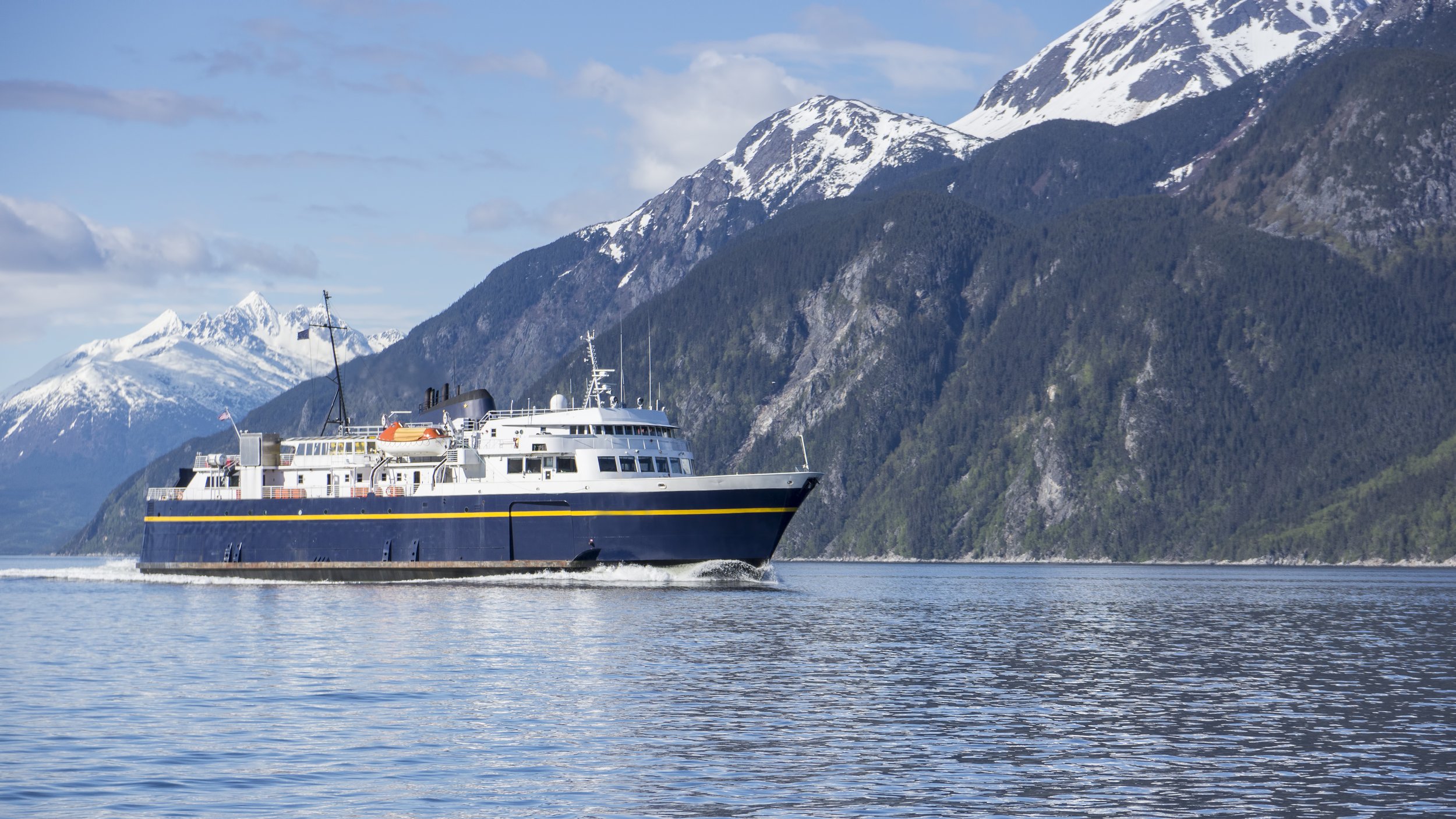
Transportation
U.S. islands need government policies that support sustainable transportation options that reduce emissions and ensure safe and reliable movement of goods and people on islands and between the islands and the mainland.

Transportation between islands and the mainland remains inconsistent and unpredictable in many island communities, and transportation on an island often relies on vehicles with high emissions, such as those running on diesel. Without dependable transportation to and from the mainland, islands are unable to access basic goods and services, limiting their ability to become climate resilient. Federal government policies must recognize the unique challenges islands face when transitioning their transportation systems to become more fuel and energy efficient and support them in establishing programs that take their remote geographies into account.
The following federal policy recommendations will help U.S. islands achieve climate resilience:
Work directly with island communities to inventory the transportation needs of island communities both on-island and to and from the mainland.
Create collaborative working groups with participants from the Department of Transportation, Federal Aviation Administration, Department of Commerce, and other relevant federal agencies, with participation by island community representatives, to address the transportation needs of island communities.
Authorize and appropriate funding for consistent and reliable ferry and plane service to remote islands.
Prioritize U.S. Postal Service funding to service remote communities, like islands, to ensure these essential services remain in place and consistent, because many island ferry services are subsidized by the United States Postal Service.
Develop effective funding mechanisms to incentivize and support the transition to energy efficient and electric vehicles and ferries on island communities, including programs that help island communities remove antiquated vessels and vehicles off the island.
